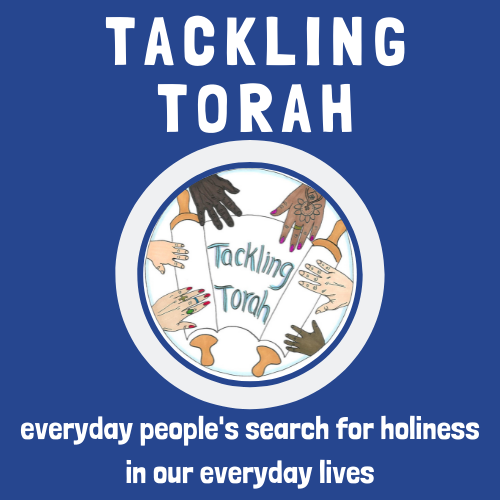
In Our Lives:
Where do we feel spiritual? Do we need rituals to feel spiritual? How do we physically or emotionally get to a place where our souls feel thoroughly nourished? Spirituality is individual and yet many may feel the ability to reach an inner peace when doing similar rituals or upon seeing similar sights. Unlike other religions Judaism doesn't have a specified place in which people travel towards on a journey, like the hajj towards
Our current world is constantly tuned in to our "gadgets"; computers, phones, and e-readers consume our days at work, home, or school. I find more people I know seem to be walking around in a daze or utterly dependent on their iPhone/iPad/ Blackberry for the latest media update. It becomes easy to forget what it is like to connect in person anymore, and even when we are in person the “gadget” has begun to take precedence! Spiritual connection either with ourselves or with others seems to be quickly becoming a thing of the past. Does anyone take the time anymore to sit and reflect? There is not necessarily a link between religion and spirituality, one does not need to be religious to be spiritual; you can have an innate sense of connectivity without participating in any religion. But, how do we expect to solve our own challenges anymore or find a way to see the bigger picture of our own lives if we are buried in updates of Jennifer Aniston’s new hairdo?
Reflecting:
How do you highlight your values, and find meaning in your life? You may feel most in touch with your own and others spirits during meditation, or in a shared contemplative space, or even by engaging a friend or family member in deep conversation. It is all about reminding ourselves what is important to our well being so that we can prioritize what to make time for. Finding ways to be spiritual may help us figure out how to eliminate our stress, be present with nature, people, or our own thoughts. By allowing ourselves to be fully present we continue to strive towards our best selves. Try focusing on one thing fully, unitasking instead of multitasking. Reach out to those who may need to hear from you. Take comfort in the spaces around you. And allow the power of making time to change your outlook by allowing yourself the art of reflection. In other words: unplug and relax! You may find you learn more about the ways you do enjoy to spend your time then by losing all your time to updates which aren’t pertinent to your life and values. This week is national 'unplug' Shabbat. Join the challenge and take advantage of life before the cell phone. I unplug every week and find myself craving Shabbat every other day of the week. We live in a world where we are constantly accessible to work, school, and there is an expectation of an instant response. Imagine what making time for family and friends again would look like and how much your connections with others would strengthen.
From the Source:
Abraham Heshel, a famous Jewish philosopher argues in his famous book The Sabbath that Shabbat is a “sanctuary in time”. Meaning there is no specific physical place but rather for Jews the weekly gift of time allows us to find ourselves in a greater connected world, or Olam H’aba, the world to come. This past week the Torah portion Vayak'heil continues to talks about the creation of the mishkan/ or tabernacle. The tabernacle was a sanctuary which Jews built and prayed in after the exodus from
Join me in The Challenge: http://www.sabbathmanifesto.org/unplug
A great book about Shabbat in today's technological challenges: The Sabbath World by: Judith Shulevitz http://www.nytimes.com/2010/03/28/books/review/Goldstein-t.html

